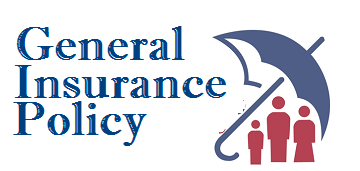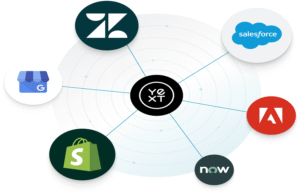These 8 tips for (well) managing your budget are too rarely applied
4 min read
8 essential tips for your personal finances
- Eliminate delayed debits
- Know your fixed costs
- Monthlyize your expenses
- Create precautionary savings
- Make the banker an ally
- Cash or promotions: make the right choice
- Manage with a provisional budget
- Set aside 10% every month
Limit (and even eliminate) the use of deferred debit cards
Depending on the banks and the bank statements they generate, it really complicates the reading of your bank balance before you receive your salary.
If you want to use them, you really have to reserve them for the professional expenses that you may have to pay and which are reimbursed to you by your employer.
Know your fixed costs
Whether you are self-employed or employed, it is always important to have an excellent knowledge of your monthly fixed costs.
A priori, we often tend to minimize them and when we start to add them up, we can reach fixed charge ratios of more than 70% of total charges. At this stage, it is then normal to feel “suffocated” by the weight of these loads.To correct the situation, you sometimes have to be able to question a lifestyle that is unsuited to your income.
Monthly all expenses (as much as possible)
We are sometimes tempted to postpone certain deadlines to deal with specific financial difficulties, or on the pretext of not wanting to “advance” money to the state or to certain suppliers.
In the case where you provision these expenses well on bank books, it is already a good thing, but it requires great rigor. On the one hand, you must ensure that you regularly fund to cover the charges you anticipate, but on the other hand, you must resist the temptation not to use this money for other purposes!
Monthly payment of ALL fixed costs seems to us to be the optimal solution. This saves you unnecessary mental burden and puts you face to face with your financial reality as soon as possible (and not in December, when it’s time to finance the end of year celebrations).
Save! Store at least 3 months’ worth of income in available savings
We consider as available savings, the money which is stored on the secure savings accounts of type livret A, LDD, LEP, PEL or life insurance (funds in euros).
Savings are a sort of shock absorber that allows you to compensate for the financial fluctuations that you may encounter, both in terms of income and expenses. Its importance is paramount.
Make your banker an ally
We advise you to maintain a healthy and regular relationship with your banker. You might think that finding the right bank adviser is more a fluke than a management choice, but we don’t really agree.
Don’t give in to promotions at the expense of your cash flow
We are on the 25th of the month and your “shopping” budget is almost exhausted. You absolutely need detergent, but also enough to cook 7 meals for your family of 3, for a maximum of 40€. What is the best decision between:
We promise, if you decide to keep your clothes dirty, we won’t allow ourselves to judge. Especially since our coaching services take place remotely 😉
More seriously, this question is an opportunity to contrast two principles that should allow you to make the right trade-offs for your budget: savings and cash flow.
When faced with a volume purchase like this laundry detergent, it is difficult to resist the temptation to buy in large quantities for a more attractive unit price. However, by too often making a purely “economic” choice, you clearly risk exceeding your budget and going into bank overdraft.
In many cases, when your budget is tight, it is preferable to spread the expense over time even if it is more expensive. It is more realistic to consume strictly what you need for the current month, and not for the next 3 months.
Manage your finances with a real provisional budget
As you can imagine, we recommend the construction of a monthly budget and regular monitoring of actual expenses compared to the estimated budget (once a week is enough). It is an indispensable tool for reconciling your bank account and your life. And that is of course what we train our clients to do.
The expression “monitoring one’s accounts” translates the fact of “subjecting” to the situation. If you content yourself with looking at what you have spent at the end of the month without having defined a target beforehand, it is too late: you risk being in budget deficit, i.e. having consumed more than your income allows it.
The work of forecasting not only allows you to aim for a balance between your expenses and your income, it is an opportunity to set realistic savings goals that will allow you to gain serenity and freedom in your life.
Set aside at least 10% of your income each month.
As we said earlier, savings are an essential shock absorber to your financial stability.
This requires some effort to “break” the routine consumption in which you have been able to settle, in order to find a savings capacity that will allow you to carry out your spending or investment projects.





